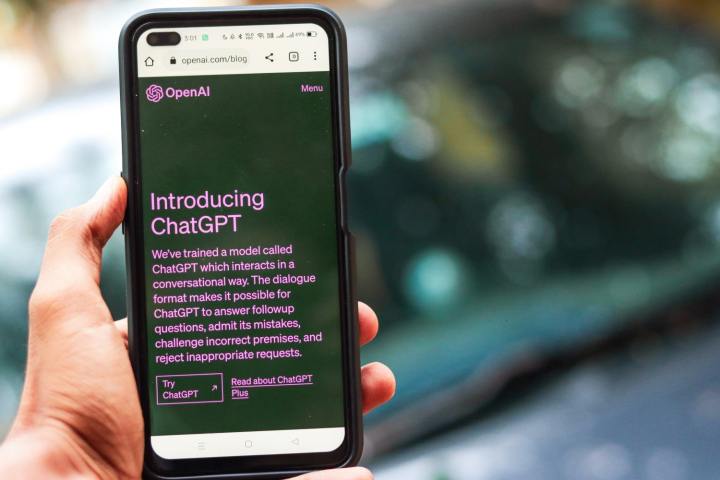ChatGPT has just regained the ability to browse the internet to help you find information. That should (hopefully) help you get more accurate, up-to-date data right when you need it, rather than solely relying on the artificial intelligence (AI) chatbot’s rather outdated training data.
As well as giving straight-up answers to your questions based on info found online, ChatGPT developer OpenAI revealed that the tool will provide a link to its sources so you can check the facts yourself. If it turns out that ChatGPT was wrong or misleading, well, that’s just another one for the chatbot’s long list of missteps.

Before the change, ChatGPT could only answer questions based on data from before September 2021. That’s the latest information it was trained on, so if you asked it when the iPhone 15 was released, it wouldn’t be able to give you an accurate date.
Now, that should no longer be a problem. It’s taken a long time to get to this point, but given ChatGPT’s history of breaking things, it’s probably better to be safe than sorry.
A returning feature

Interestingly, it’s not the first time ChatGPT has had the ability to surf the web in its hunt for answers. OpenAI originally added this capability in spring 2023, hoping that it would expand the usefulness of its AI tool.
Things didn’t quite go according to plan, though. Crafty users discovered that it could be used to bypass paywalls in order to read paid-for content without stumping up the cash. OpenAI swiftly pulled the feature in July.
Now it’s back, and OpenAI has presumably taken steps to curb such errant behavior on its chatbot. If you want to take it for a spin, one thing remains unchanged, however: you’ll need to have a paid ChatGPT Plus or Enterprise account.
The change comes hot on the heels of ChatGPT maker OpenAI adding the ability for the chatbot to interact with images and audio, and marks another entry in a feature-heavy few days.
Whether or not it will be able to address some of the biggest criticisms of ChatGPT — mainly surrounding the accuracy of its responses and its tendency to spread misinformation — will presumably become clear over the next few weeks and months.
Editors' Recommendations
- The best custom GPTs to make ChatGPT even more powerful
- This one image breaks ChatGPT each and every time
- Researchers just unlocked ChatGPT
- Here’s why people are claiming GPT-4 just got way better
- What is Grok? Elon Musk’s controversial ChatGPT competitor explained



